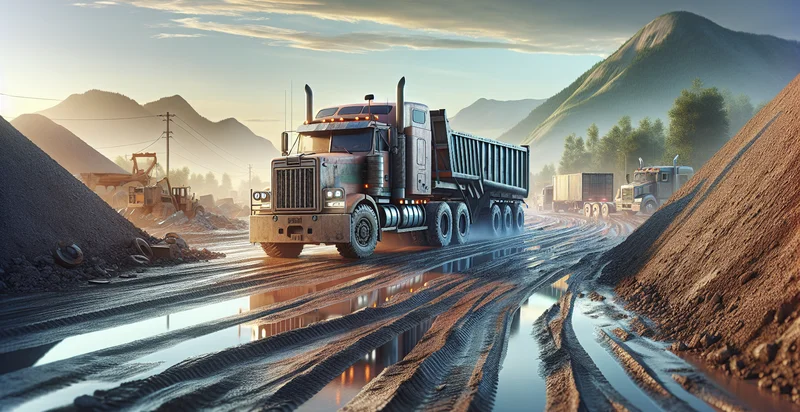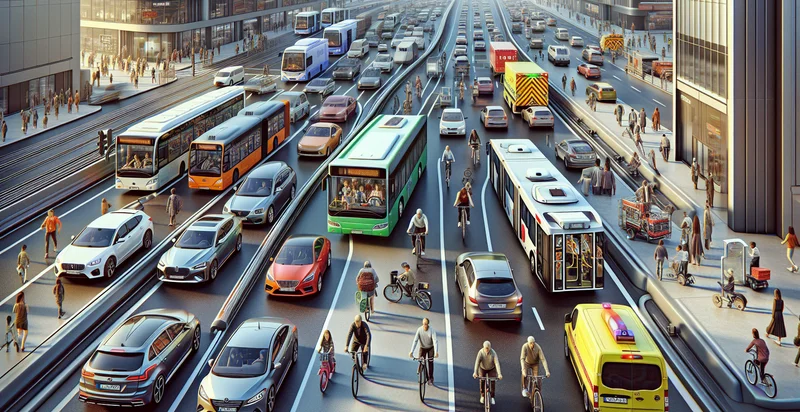Identify vehicle terrain type
using AI
Below is a free classifier to identify vehicle terrain type. Just upload your image, and our AI will predict what type of terrain the vehicle is best suited for - in just seconds.

Contact us for API access
Or, use Nyckel to build highly-accurate custom classifiers in just minutes. No PhD required.
Get started
import nyckel
credentials = nyckel.Credentials("YOUR_CLIENT_ID", "YOUR_CLIENT_SECRET")
nyckel.invoke("vehicle-terrain-type", "your_image_url", credentials)
fetch('https://www.nyckel.com/v1/functions/vehicle-terrain-type/invoke', {
method: 'POST',
headers: {
'Authorization': 'Bearer ' + 'YOUR_BEARER_TOKEN',
'Content-Type': 'application/json',
},
body: JSON.stringify(
{"data": "your_image_url"}
)
})
.then(response => response.json())
.then(data => console.log(data));
curl -X POST \
-H "Content-Type: application/json" \
-H "Authorization: Bearer YOUR_BEARER_TOKEN" \
-d '{"data": "your_image_url"}' \
https://www.nyckel.com/v1/functions/vehicle-terrain-type/invoke
How this classifier works
To start, upload your image. Our AI tool will then predict what type of terrain the vehicle is best suited for.
This pretrained image model uses a Nyckel-created dataset and has 20 labels, including Bridged Road, City, Coastal Road, Construction Zone, Country Road, Desert Track, Dirt Path, Forest Road, Gravel Road and Highway.
We'll also show a confidence score (the higher the number, the more confident the AI model is around what type of terrain the vehicle is best suited for).
Whether you're just curious or building vehicle terrain type detection into your application, we hope our classifier proves helpful.
Related Classifiers
Need to identify vehicle terrain type at scale?
Get API or Zapier access to this classifier for free. It's perfect for:
- Fleet Management Optimization: By integrating the vehicle terrain type identifier into fleet management systems, companies can better assess the suitability of vehicles for specific terrains. This data can help optimize routes, reduce fuel consumption, and prolong vehicle lifespan by ensuring appropriate vehicle-terrain pairings.
- Insurance Risk Assessment: Insurance companies can leverage terrain classification data to evaluate risk factors associated with vehicle operation in various environments. Understanding terrain types can lead to more accurate pricing models and help in assessing accident risks based on location usage.
- Autonomous Vehicle Navigation: Autonomous driving systems can utilize terrain categorization to adapt driving strategies based on the terrain conditions. This ensures safer navigation by adjusting speed and handling characteristics according to the identified terrain type, leading to improved performance and safety.
- Outdoor Recreation Planning: Companies in the outdoor leisure and adventure industry can use terrain type identification to recommend vehicles that are best suited for specific recreational activities. This will enhance customer satisfaction by ensuring that users choose vehicles that meet the demands of their chosen terrain, such as off-roading or camping.
- Agricultural Equipment Management: In agricultural settings, understanding the terrain type can aid in selecting the appropriate machinery for farming tasks. By classifying the terrain, farmers can optimize equipment usage, minimizing soil compaction and improving overall efficiency in field operations.
- Urban Planning and Infrastructure Development: Urban planners can utilize terrain classification data to design more effective transportation networks. By analyzing vehicle terrain interactions, planners can make informed decisions about road construction and maintenance, ensuring that infrastructure is suited for the vehicles expected to operate in those areas.
- Environmental Impact Assessments: Environmental organizations can use vehicle terrain type identification to study the impact of various vehicles on different terrains. This information can support conservation efforts by determining how vehicle usage contributes to terrain degradation or preservation in sensitive ecological areas.


